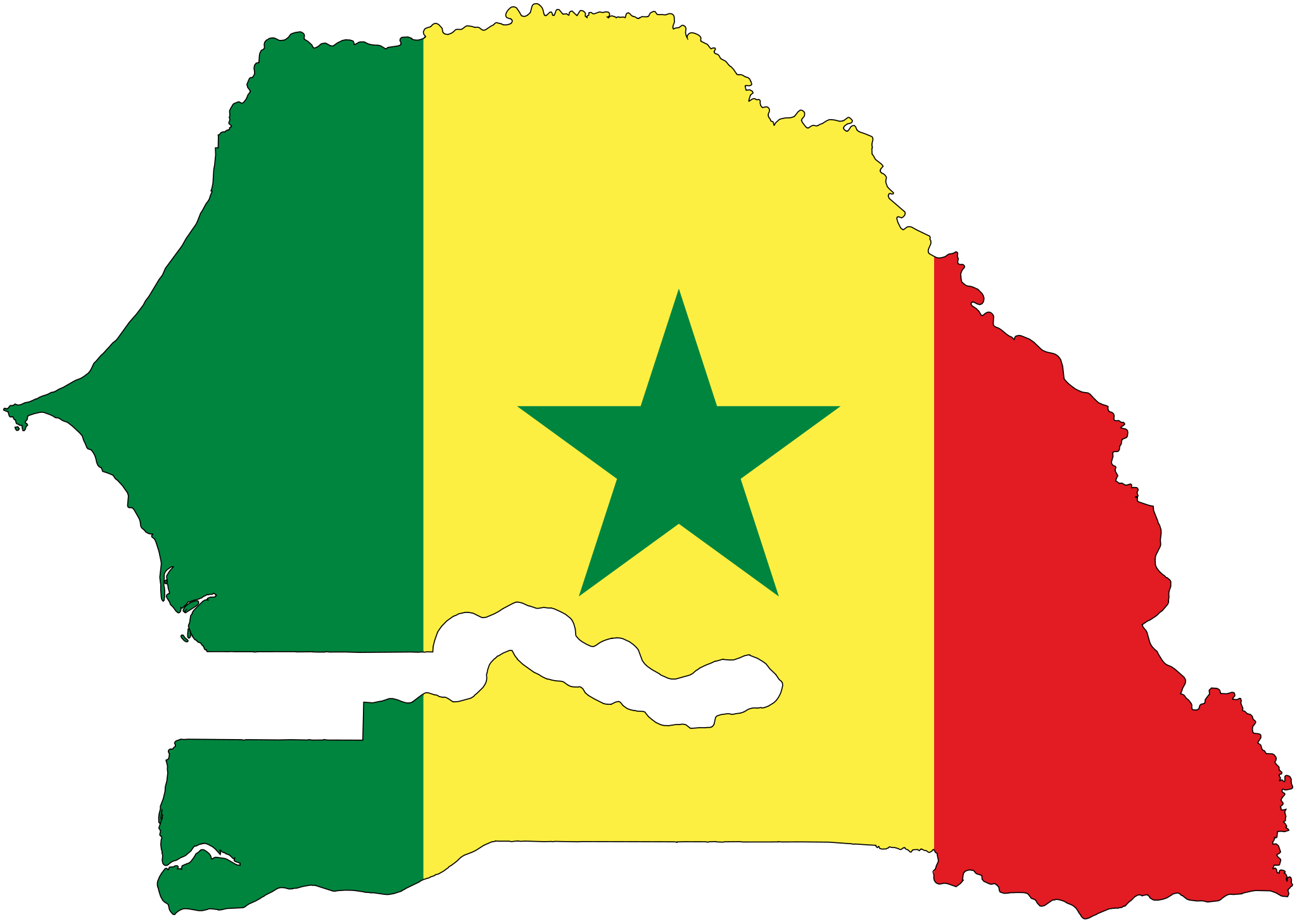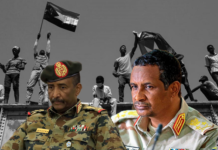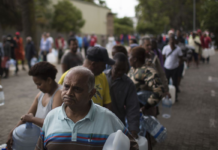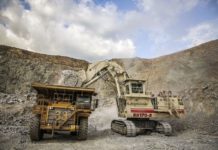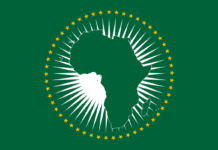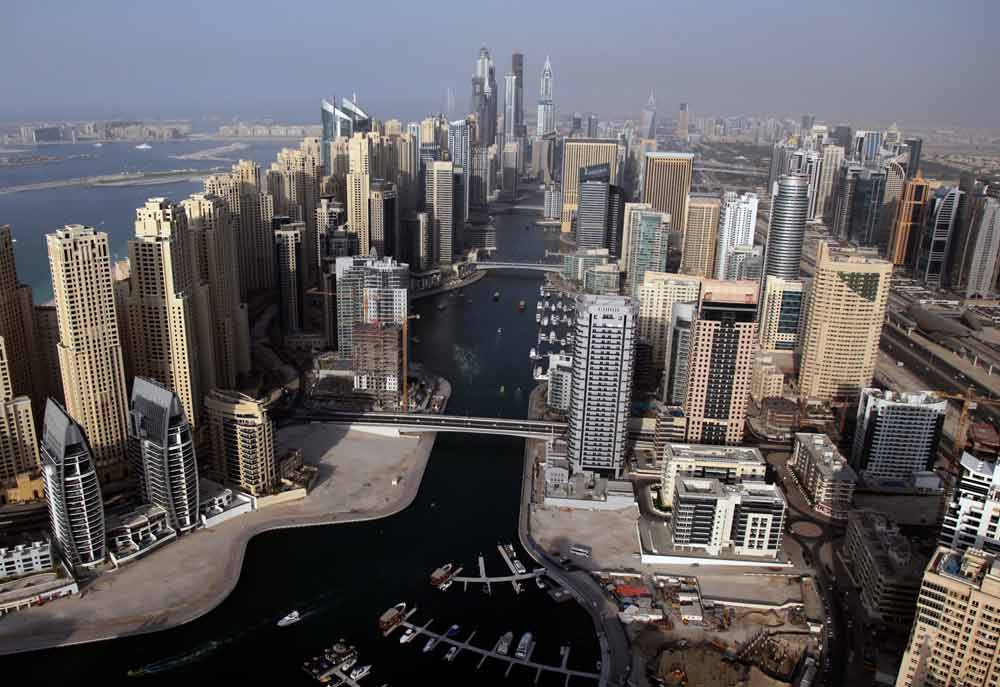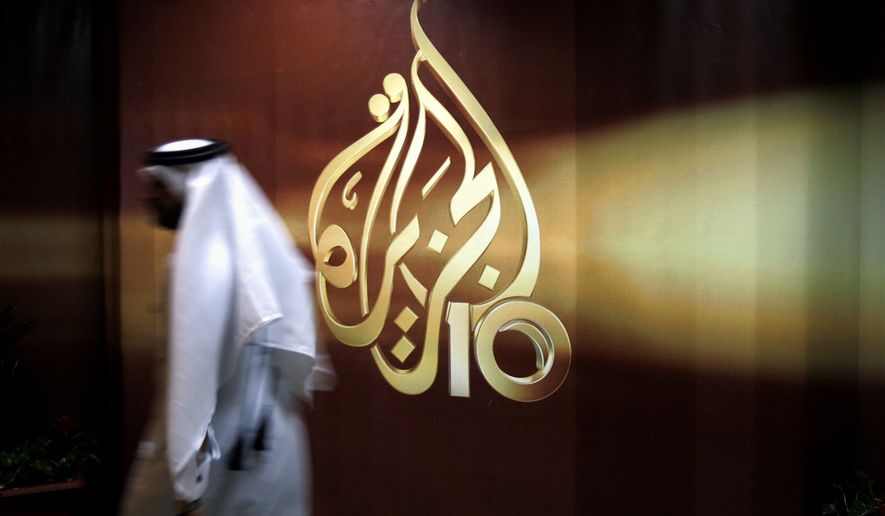Background:
Senegal is one of the most stable countries within Africa. It has actually significantly strengthened its democratic institutions since its independence from French troops in 1960. It had three peaceful presidential political transitions with four presidents. The first is Leopold Sedar, he ruled from1960 until 1980, Abdou Diouf , he ruled from 1981 until 2000 and Abdoulaye Wade, who ruled from 2000 until 2012, and since March 2012 Mack Sall is ruling until today.
Current economic system and future expectations
The Senegalese economy is expected to fasten its growth in 2015 and 2016, as the economic activity will be strengthened by lower oil prices, electricity subsidies and the reduction in production costs. The GDP is also excepted to raise at 5% in 2015 and some estimates indicate that it might raise at around 5,3% in 2016 and 2017.
Meanwhile, the economic activities in Senegal are driven mainly by telecommunications and financial services. Furthermore, agriculture is expected to grow by 5,5%, and the weather conditions are expected to have a positive impact over agriculture.
However, there are actually various challenges which face economic growth within Senegal, staring by a weak governance system which to a great extent hinders the private sector to conduct more investments. The high cost of energy and natural disasters which Senegal experiences also affects negatively the economic growth. There is also a high poverty rate remains in Senegal, according to the 2011 Poverty household survey, 46.7% of the population and the number of poor has risen during the 2006-2011 period. Given an estimated annual population growth of 2.5%, gross domestic product (GDP) growth remains well below the rate necessary for significant poverty reduction. Moreover, there is weak management of exports for certain goods such as seafood and peanuts. Furthermore a lot of effort needs to be exerted within the tourism sector and a diversity of economic resources needs to be planned for such as working on more on the telecommunication sector, mining and manufacturing.
Currently the government is working on a plan in named “Plan Senegal Emergent” (PSE) which aims to increase the productivity of Senegal’s economy in the public and private sectors. The main aim for Senegalese authorities is to set make Senegal an emerging country by 2035. In fact, current plans to accelerate public investment will test the authorities’ ability to expand the quality of projects.
Concerning the high rate of poverty within the Senegalese population, President Sall is setting a plan to accelerate the roll out of the National Family Security Transfer Program, in order to include 150,000 households before the end of 2015.


